Michels, Cruyff, Guardiola – Only the best of everybody
Peter Bosz
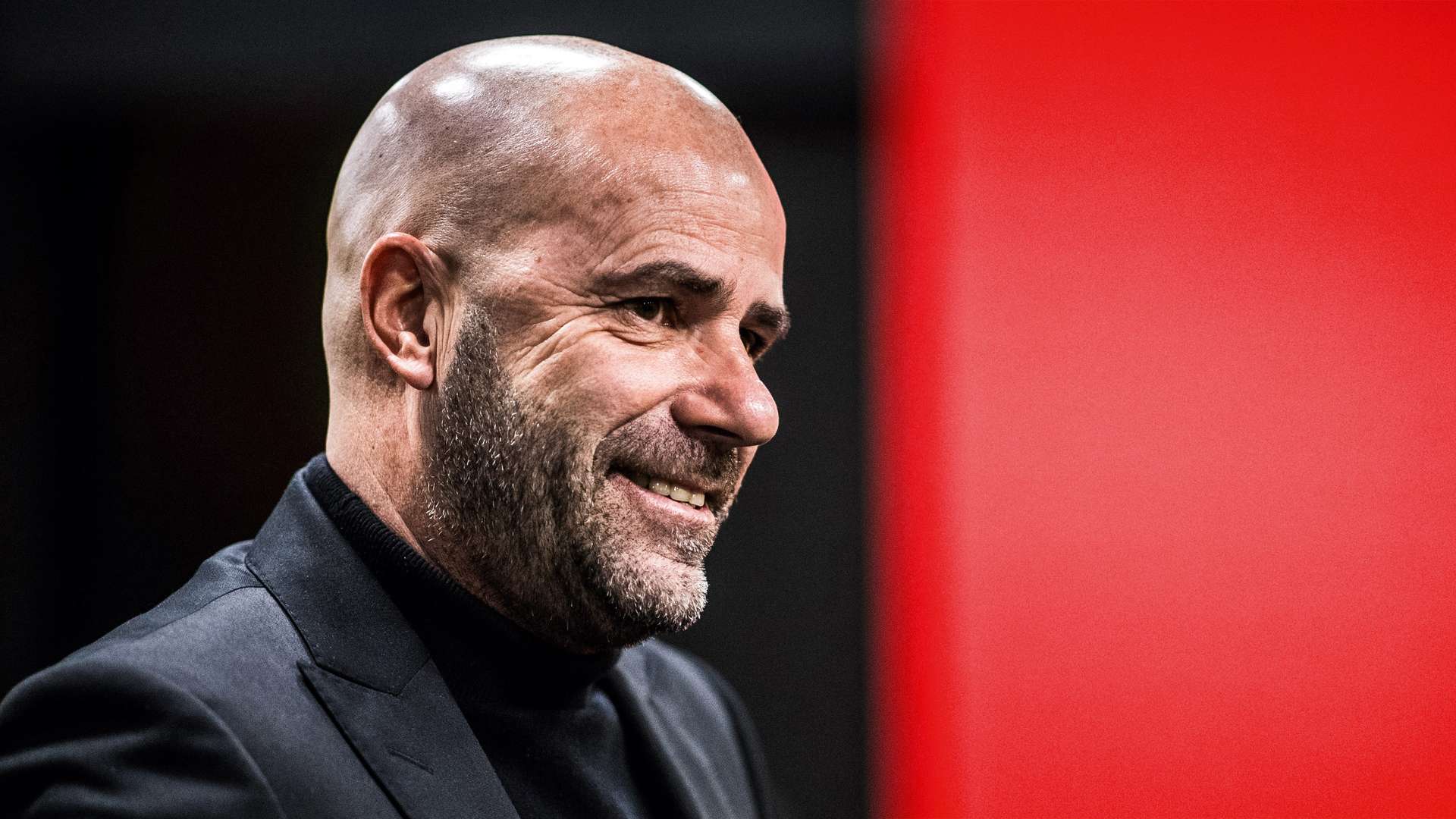
„At the age of 16, it was clear to me that I would be a coach one day.
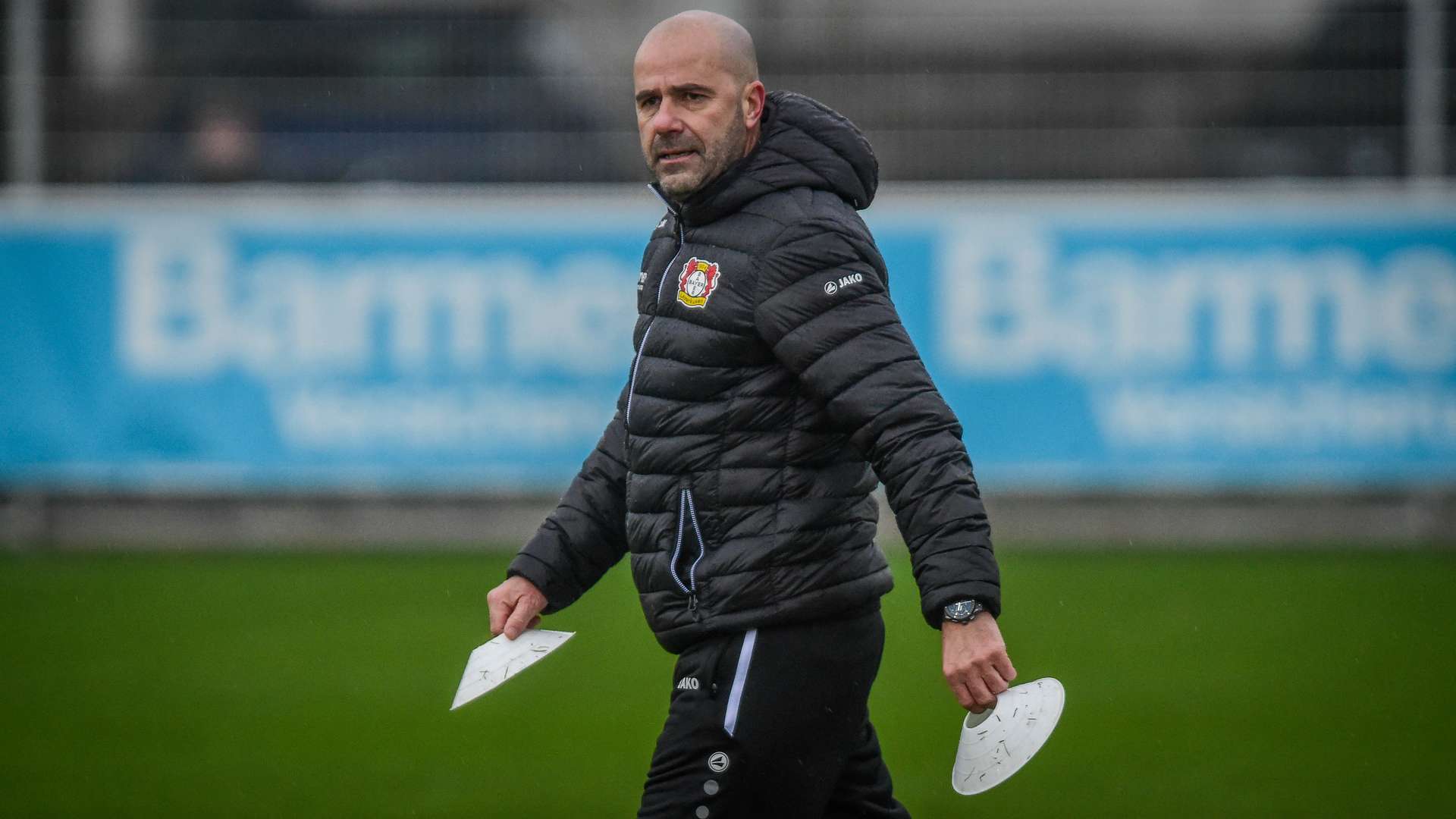
Firm resolution: At the age of 16, Peter Bosz knew he wanted to become a coach.
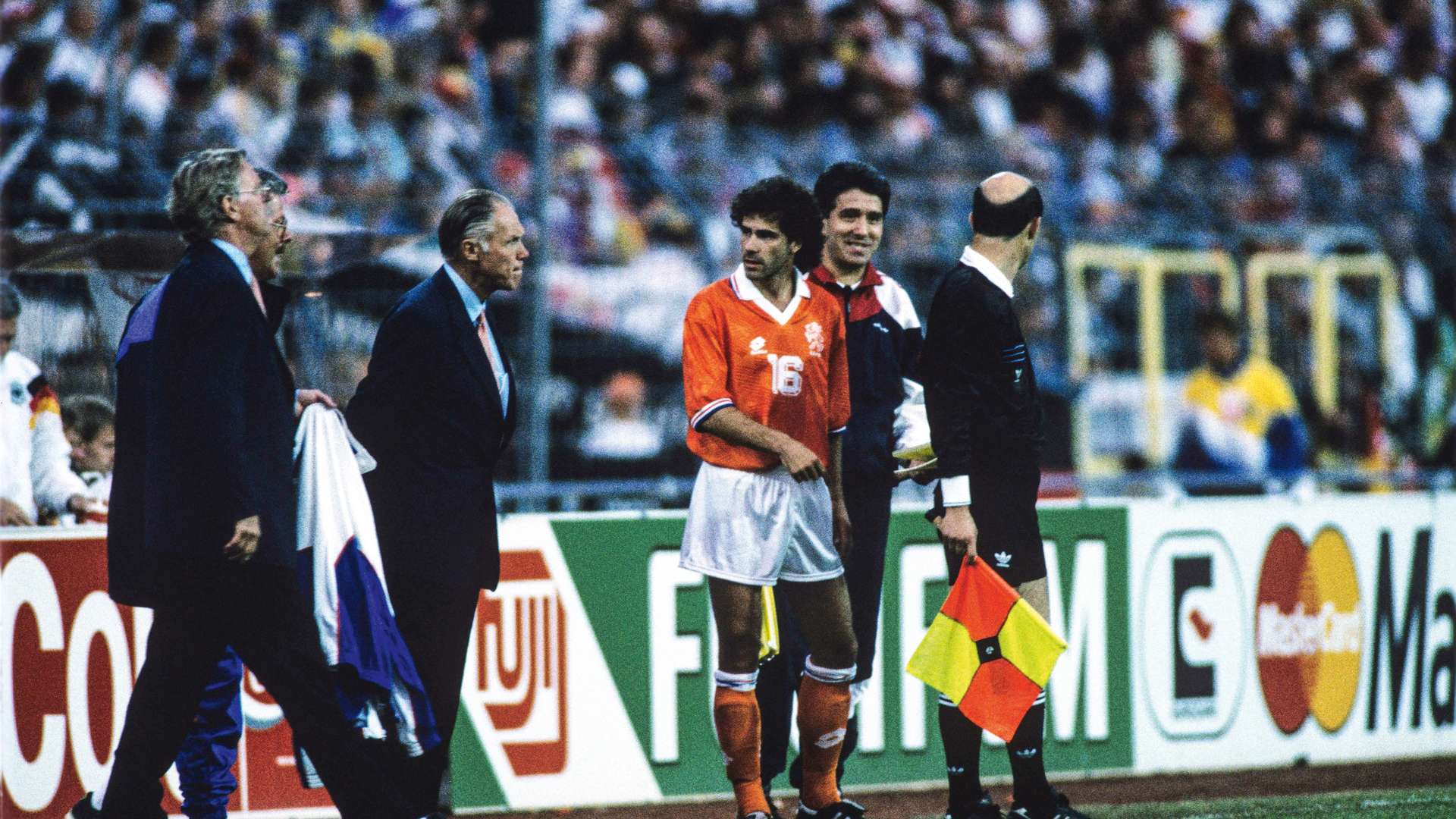
At Euro 1992 in Sweden, Rinus Michels (second from left) brought on Peter Bosz in the group match against Germany (1-3).
„I want the fans to be excited and experience a wow effect in the 90 minutes
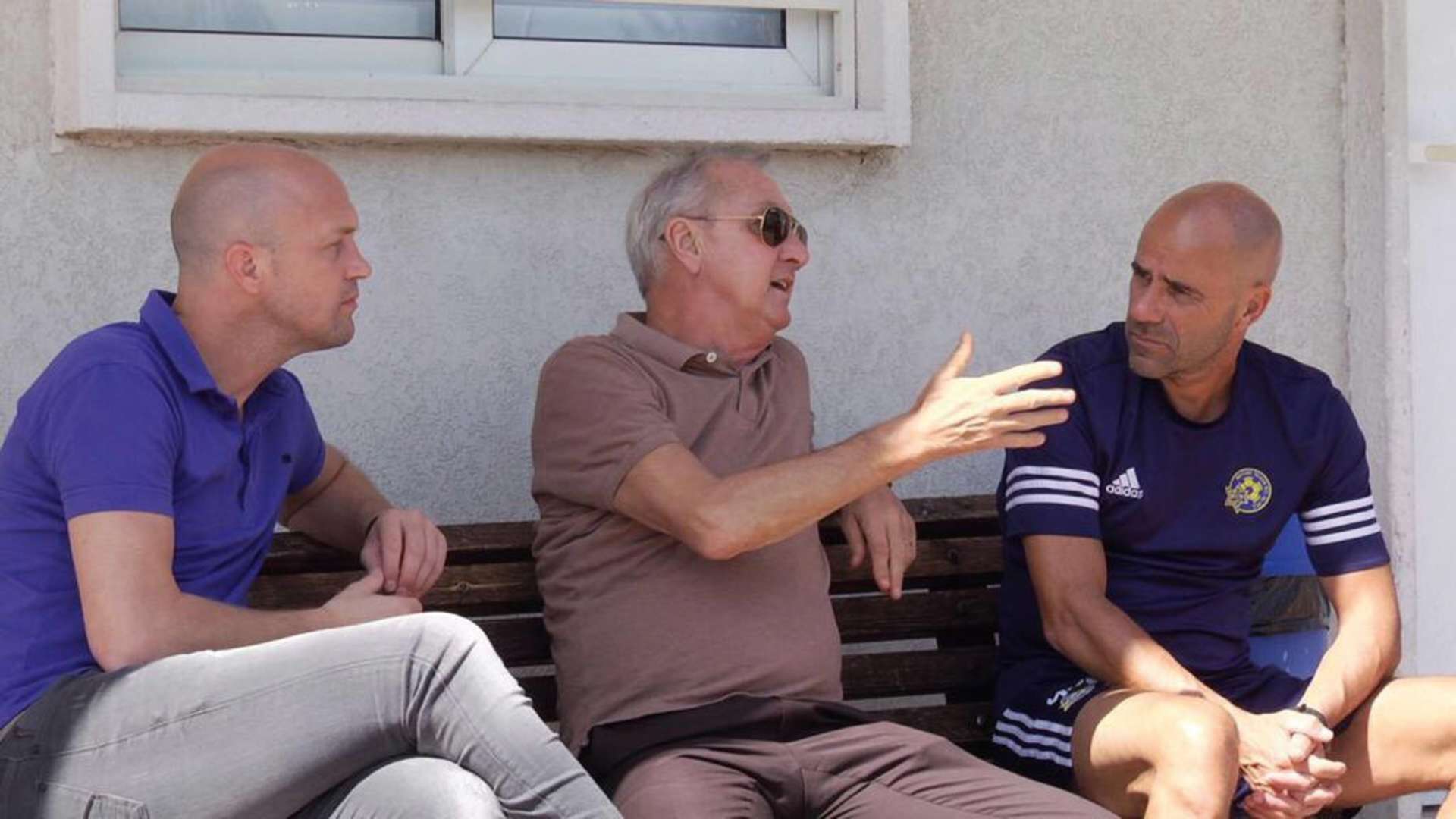
Peter Bosz in conversation with Johan Cruyff and his son Jordi in Tel Aviv.
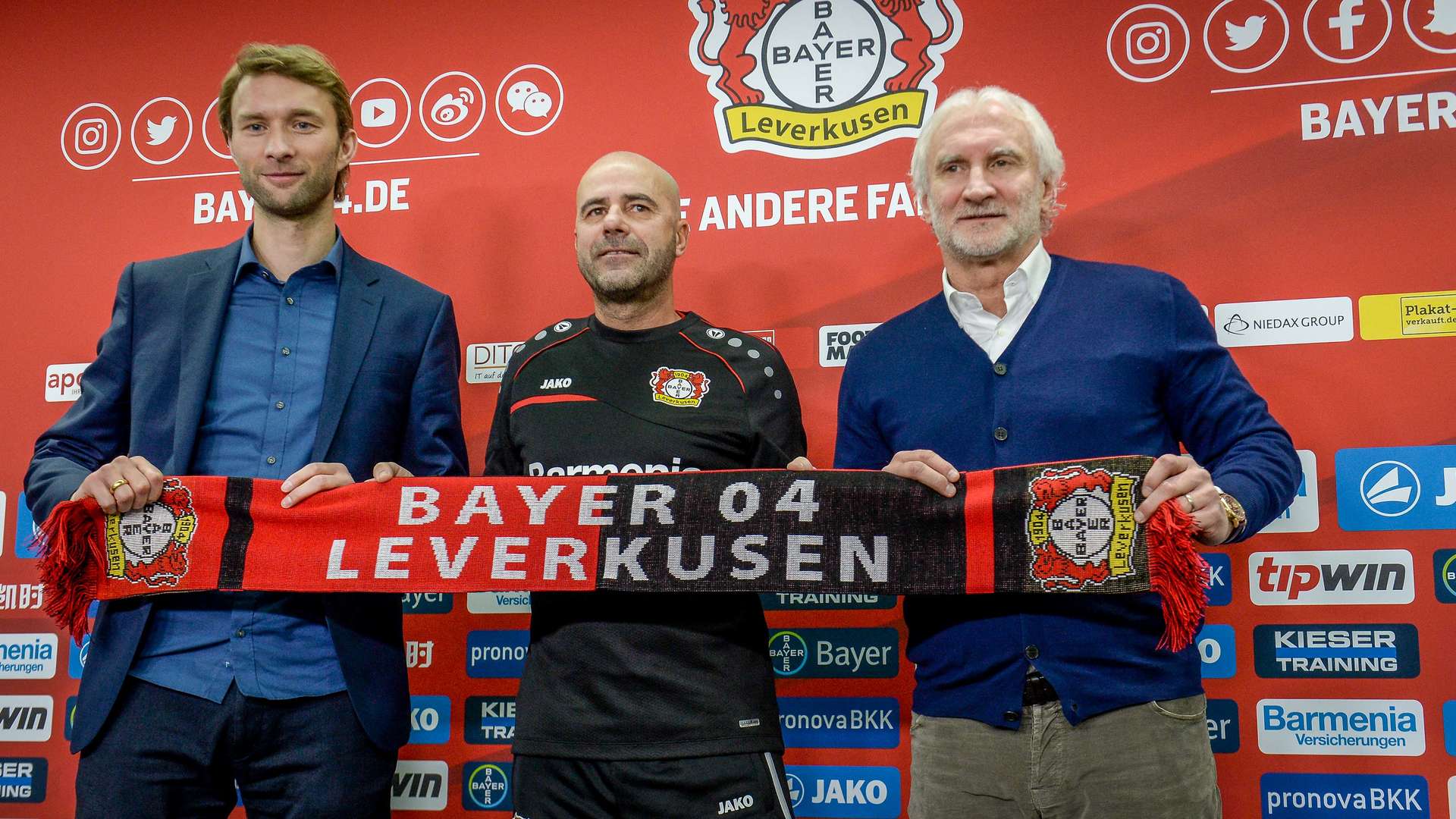
To a successful future: Peter Bosz at his presentation in Leverkusen together with sporting director Simon Rolfes and sporting managing director Rudi Völler.
„Our style is very, very intensive but cannot be maintained every three days for 90 minutes over six months
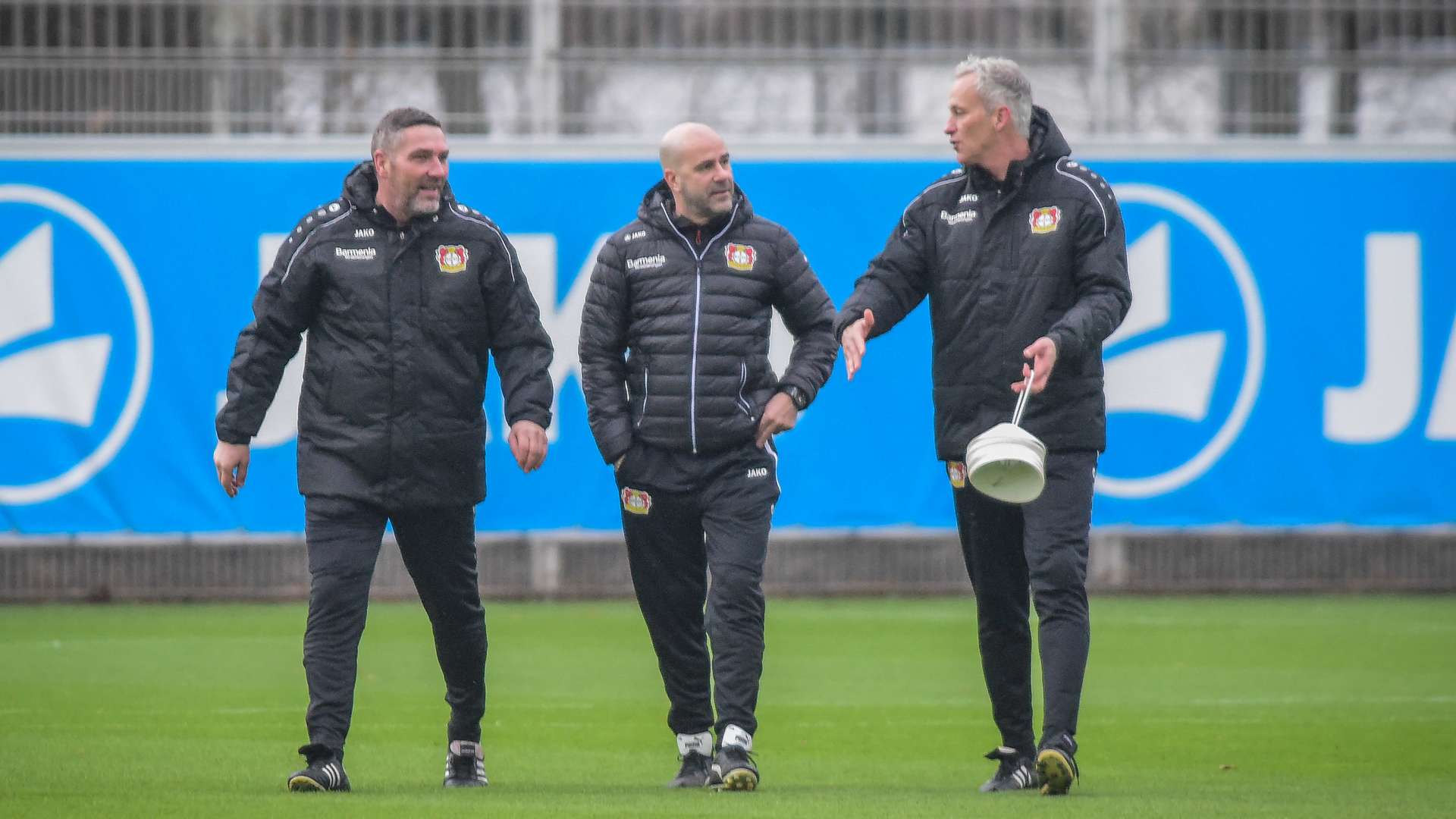
Peter Bosz im Austausch mit seinen Bayer 04-Assistenztrainern Hendrie Krüzen (l.) und Xaver Zembrod.

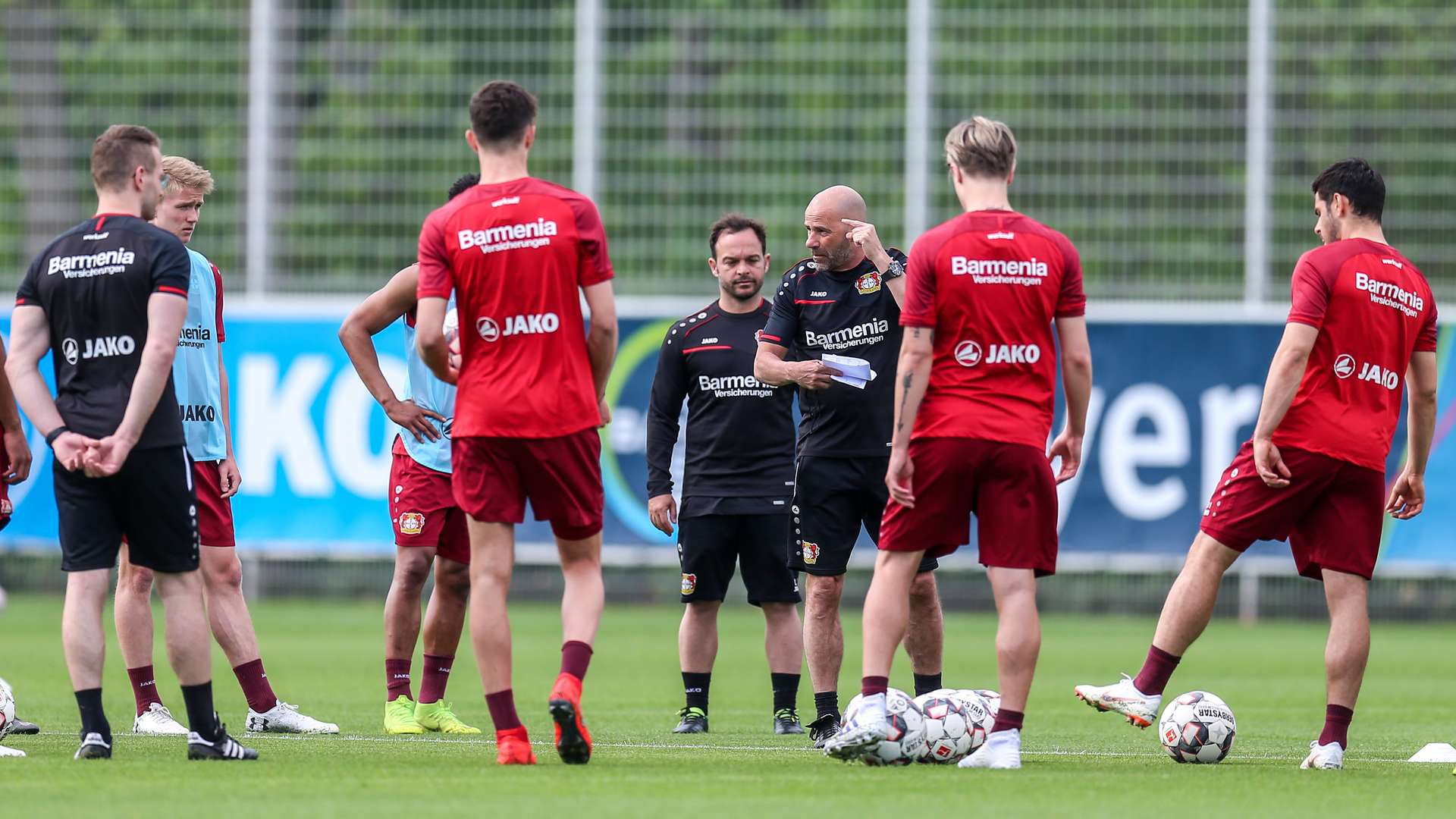
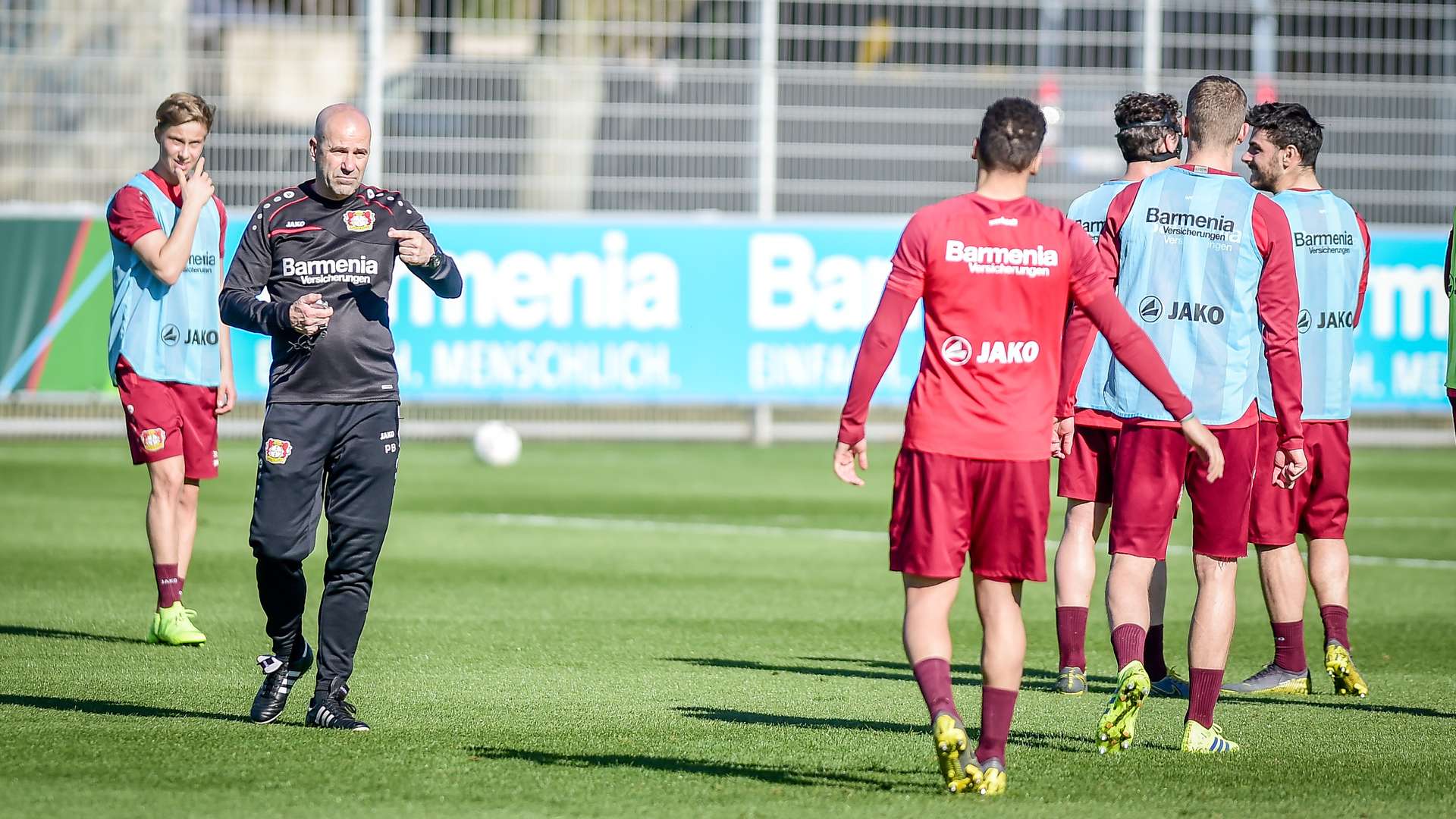
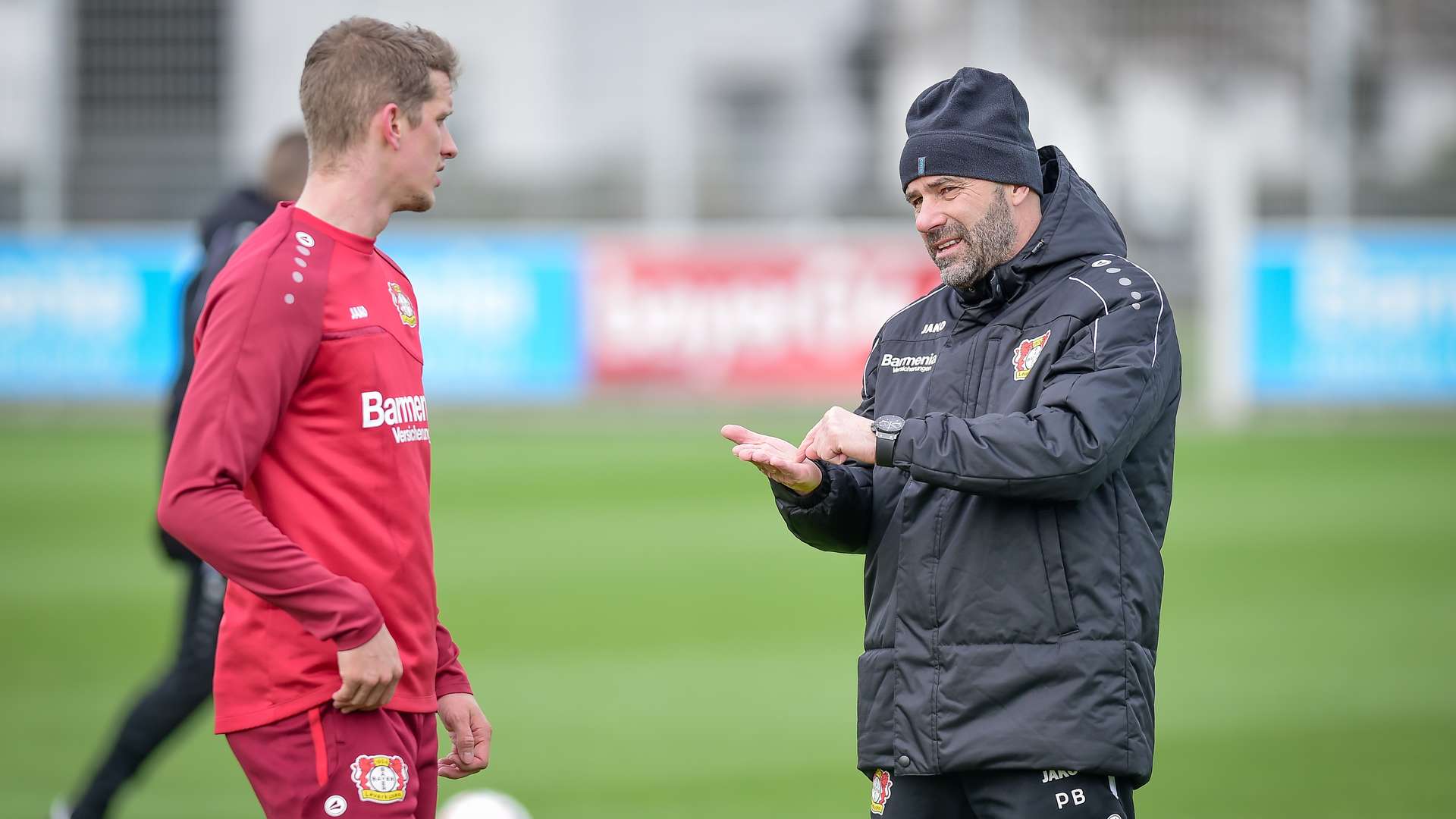
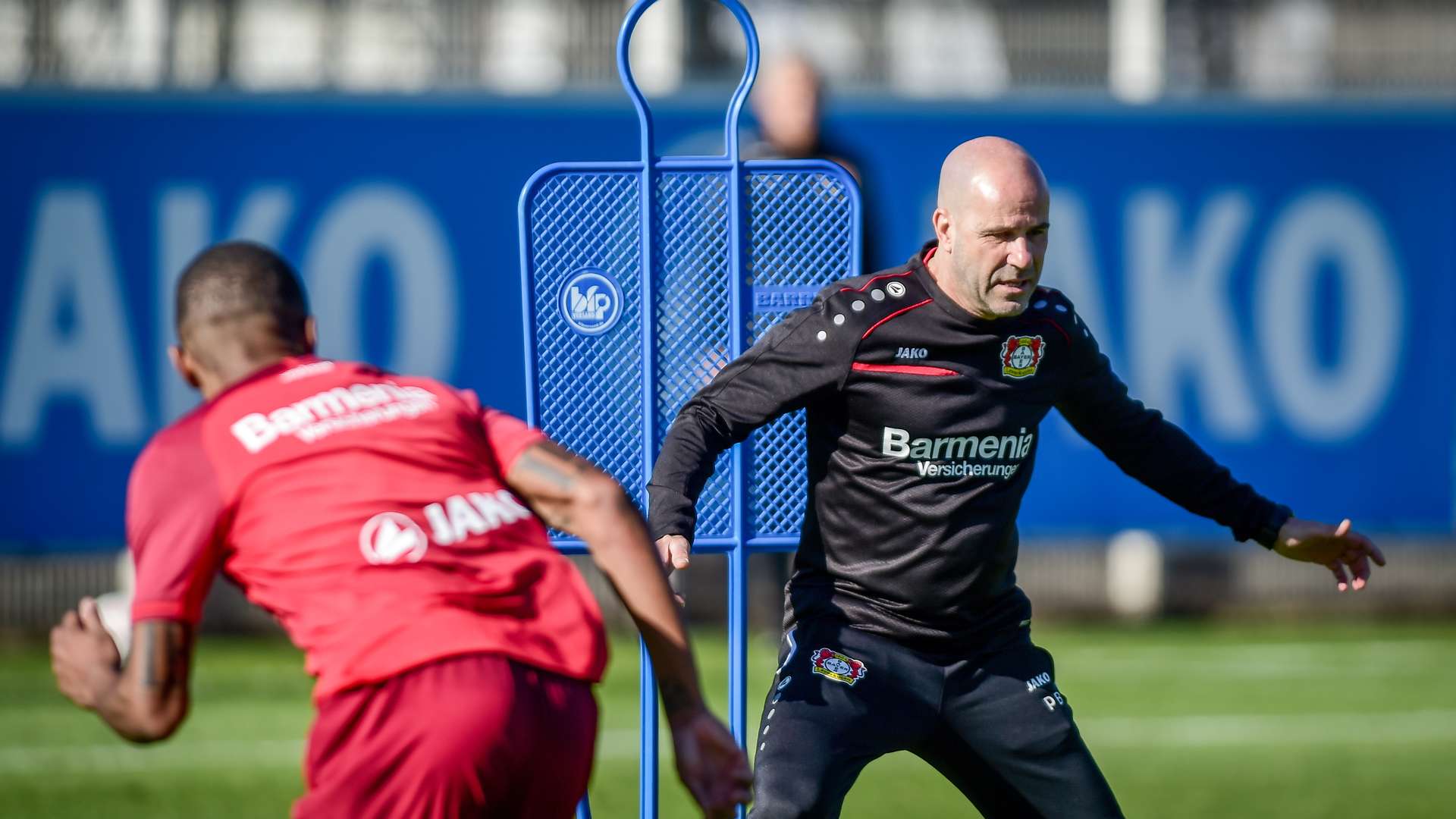
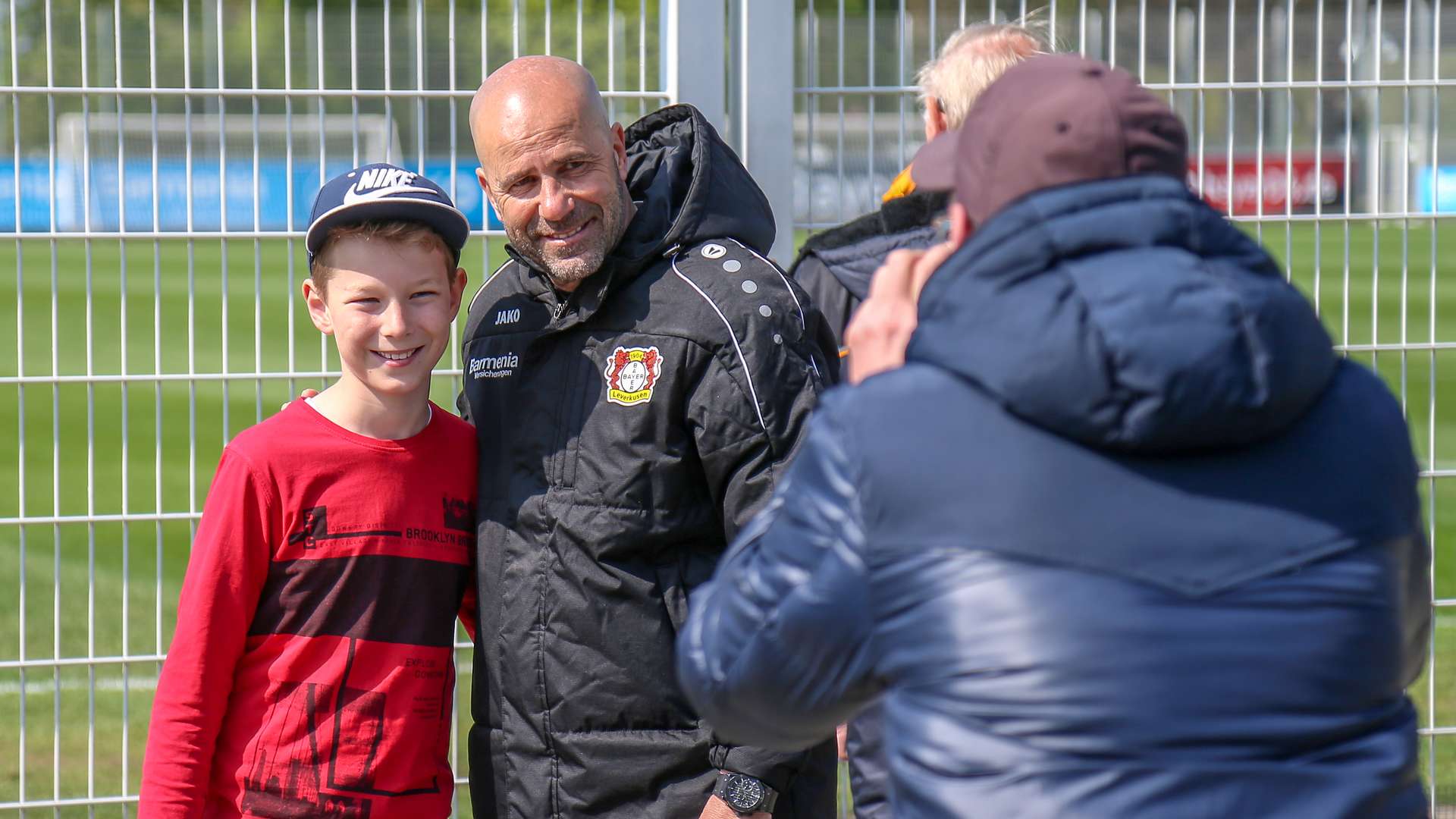
„He always has a plausible and good explanation for things functioning or not functioning
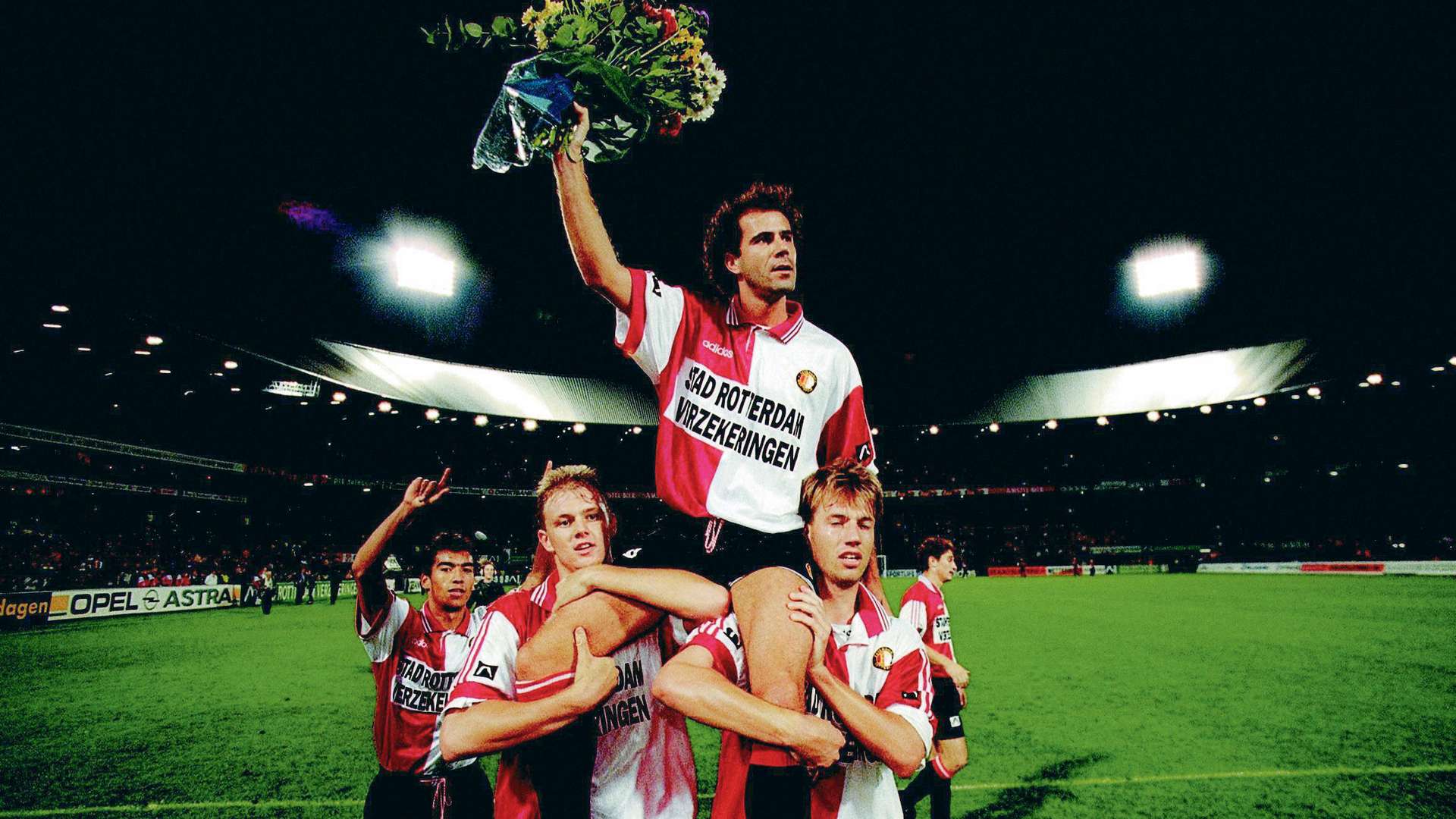
Farewell from Feyenoord 1996: Peter Bosz on his team-mates' shoulders (r. Bernard Schuiteman).
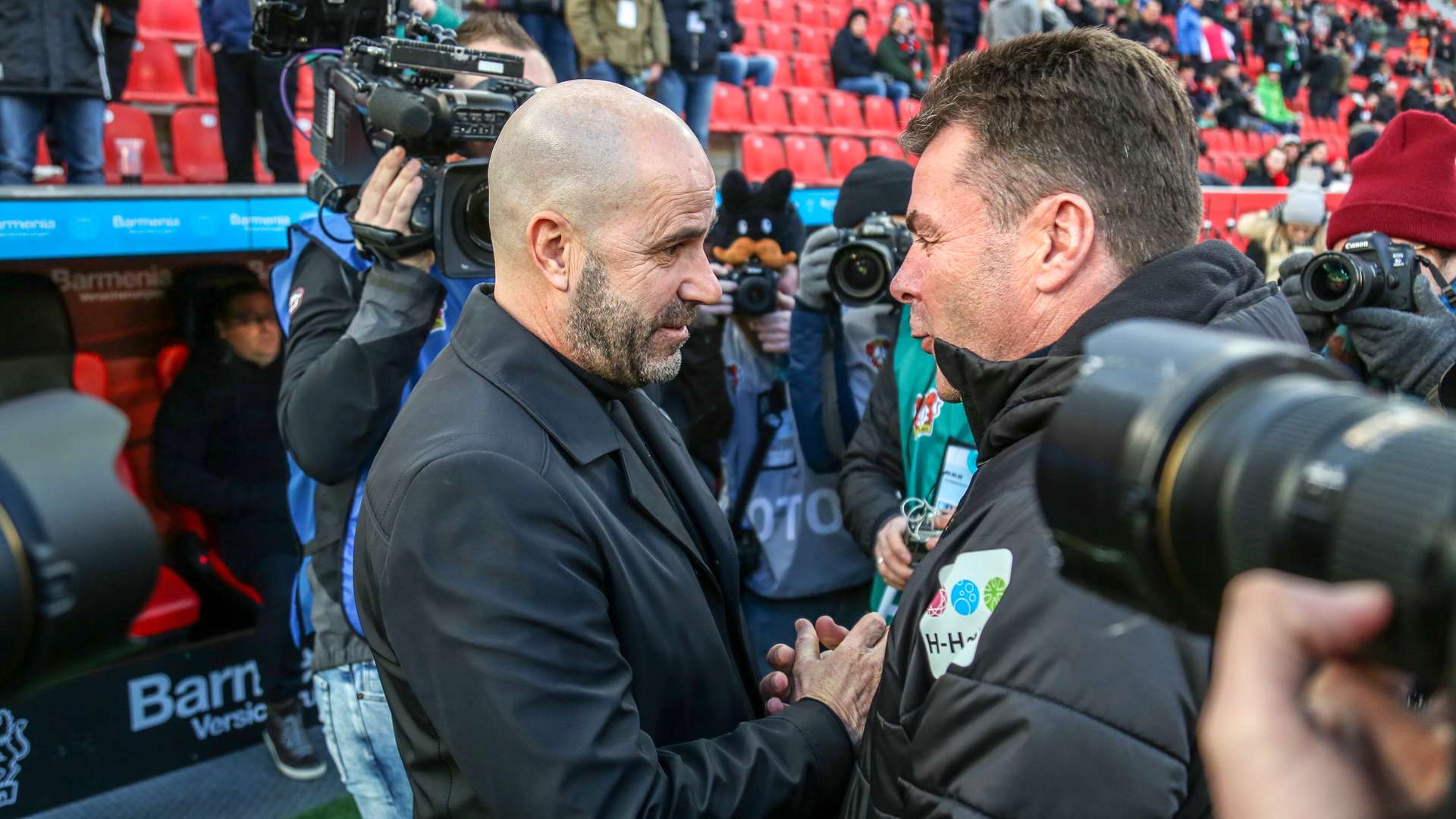
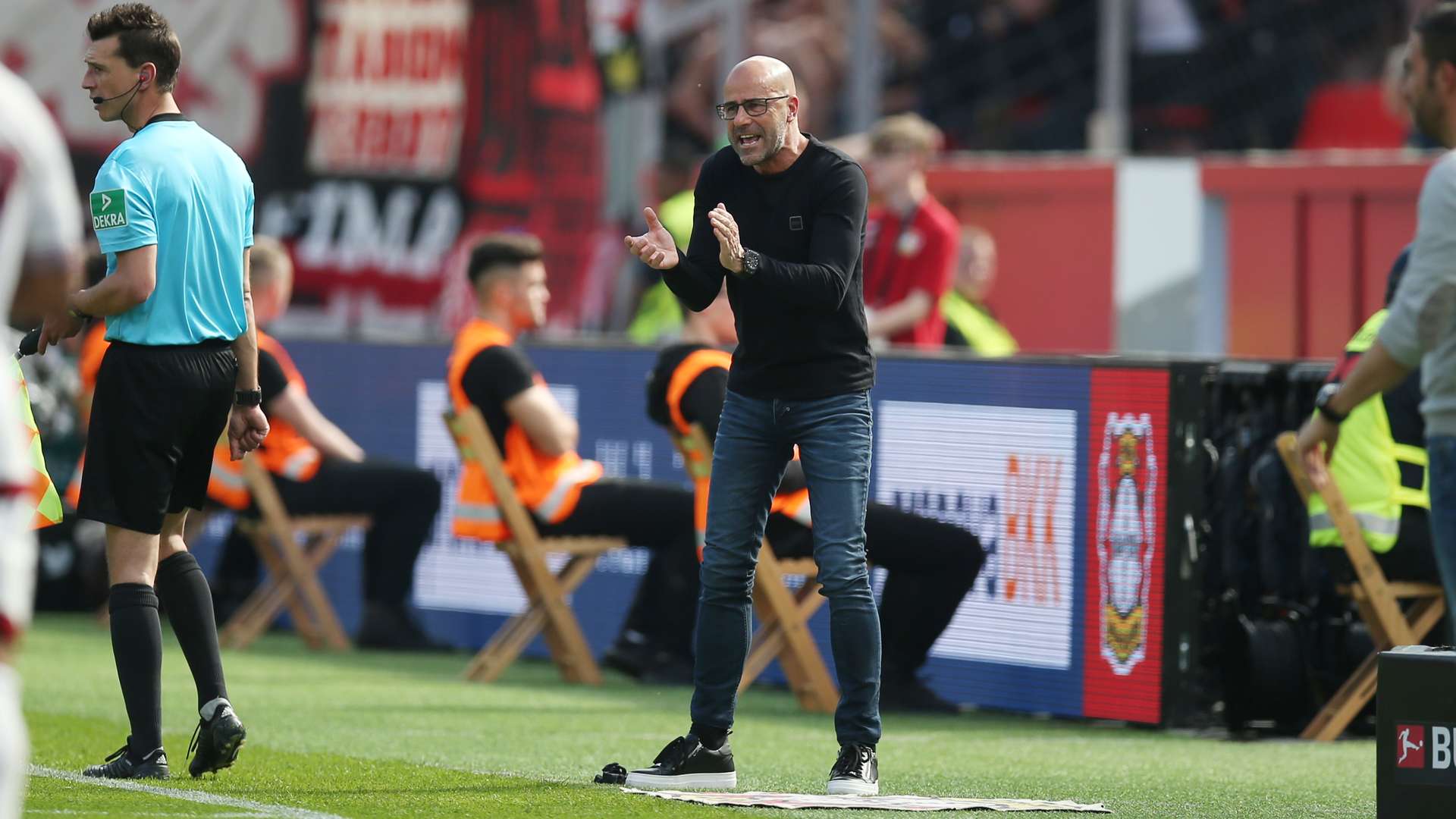
With heart and soul: Peter Bosz wants to thrill the fans with 'his' football.
